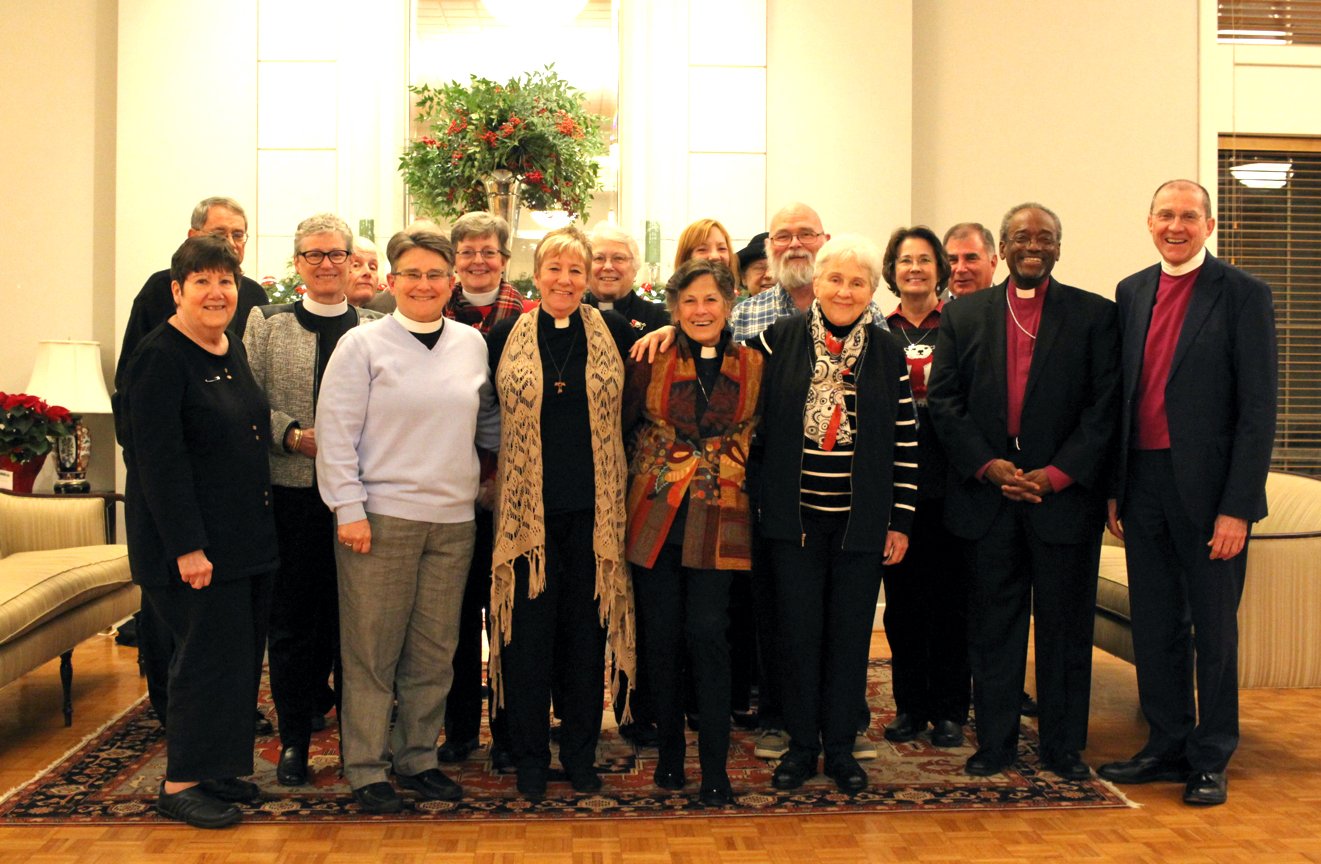Charleston: Servant Ministry and Diaconal Ministry
“This is not our first day on the job. I know many of you have been here for a long while, and even more of you have been working overtime. I wish I could tell you it is time to take a break. I wish I could say that the job is almost finished. But that’s not the case. In fact, it looks like we have even more work to do. The task has gotten bigger, and the stakes have gotten higher. That means we must all work harder to create a culture of inclusion, clear a path to peace, develop a sustainable ecology, and repair the bonds of justice that hold us together. And one last note, we still get paid the same: zero dollars, but more smiles and hope than we can spend.” —Steven Charleston
Deacons know about zero dollars, since ours is a non-stipend ministry. However, there is something gratifying about working for free if you can. It means the deacons may be retired or have another income from a reimbursed job, allowing them to work without compensation in their second job. The diaconate is a ministry that keeps you in the world, because that is where you are monetarily compensated. Deacons are called to be a bridge between the church and the world, bringing the needs of the world to the church and bringing the church to the world. They are directly under the leadership of their bishop.
The best recent book about the diaconate is Unexpected Consequences, The Diaconate Renewed by Susanne Watson Epting.
The deacon stands beside others in ministry, cheering them on as they are called to the ministry. Frederick Buechner would say this is where their “deep gladness” meets the “world’s great need.”
The deacon stands beside the priest at the Eucharist. The deacon stands beside those working for inclusion, peace in this world, justice for all, and care for our ecology. The deacon stands for and supports others in servant ministry.
When people are discerning what kind of work they should go into, they are often told, “Choose the job you would do even if you were not paid for it.” Most people who do ministry in the church are not paid. However, the icon for this statement may be deacons in the church, who take a vow to be servant ministers.
Joanna joannaseibert.com https://www.joannaseibert.com/

